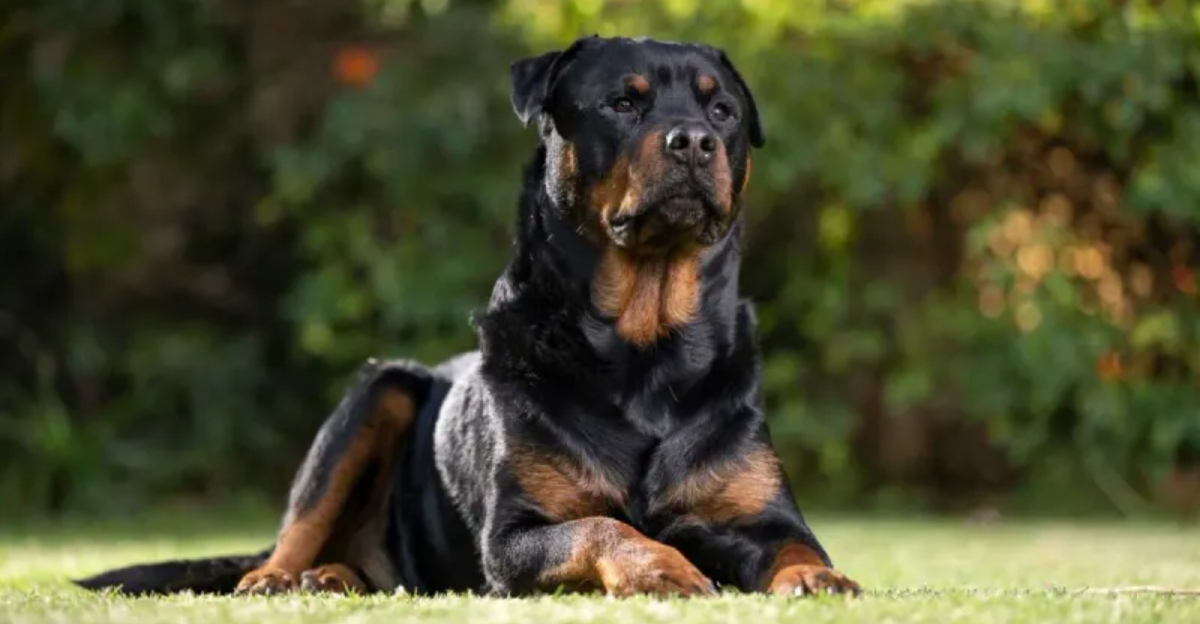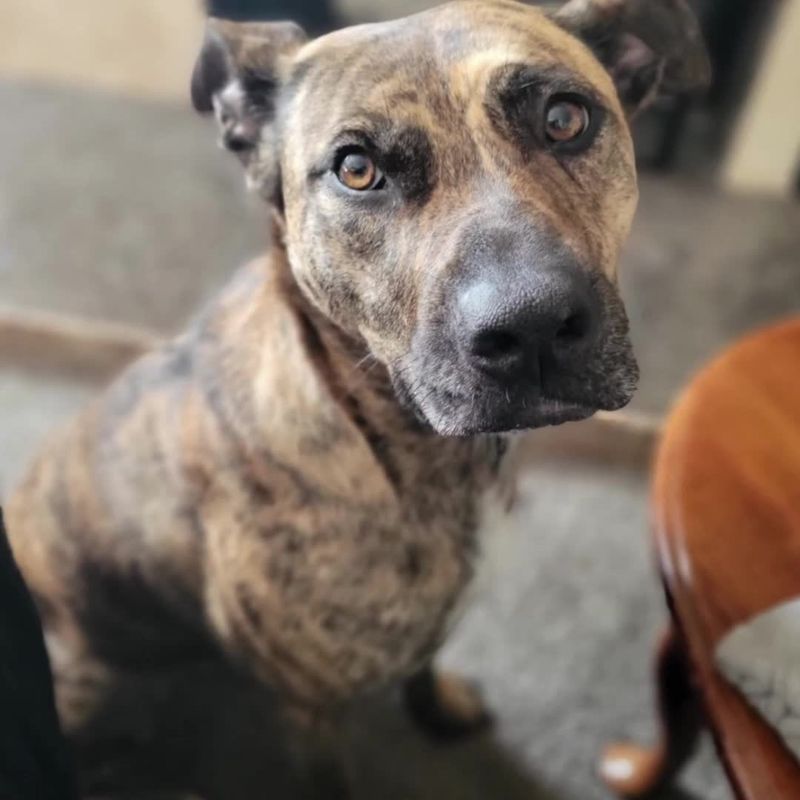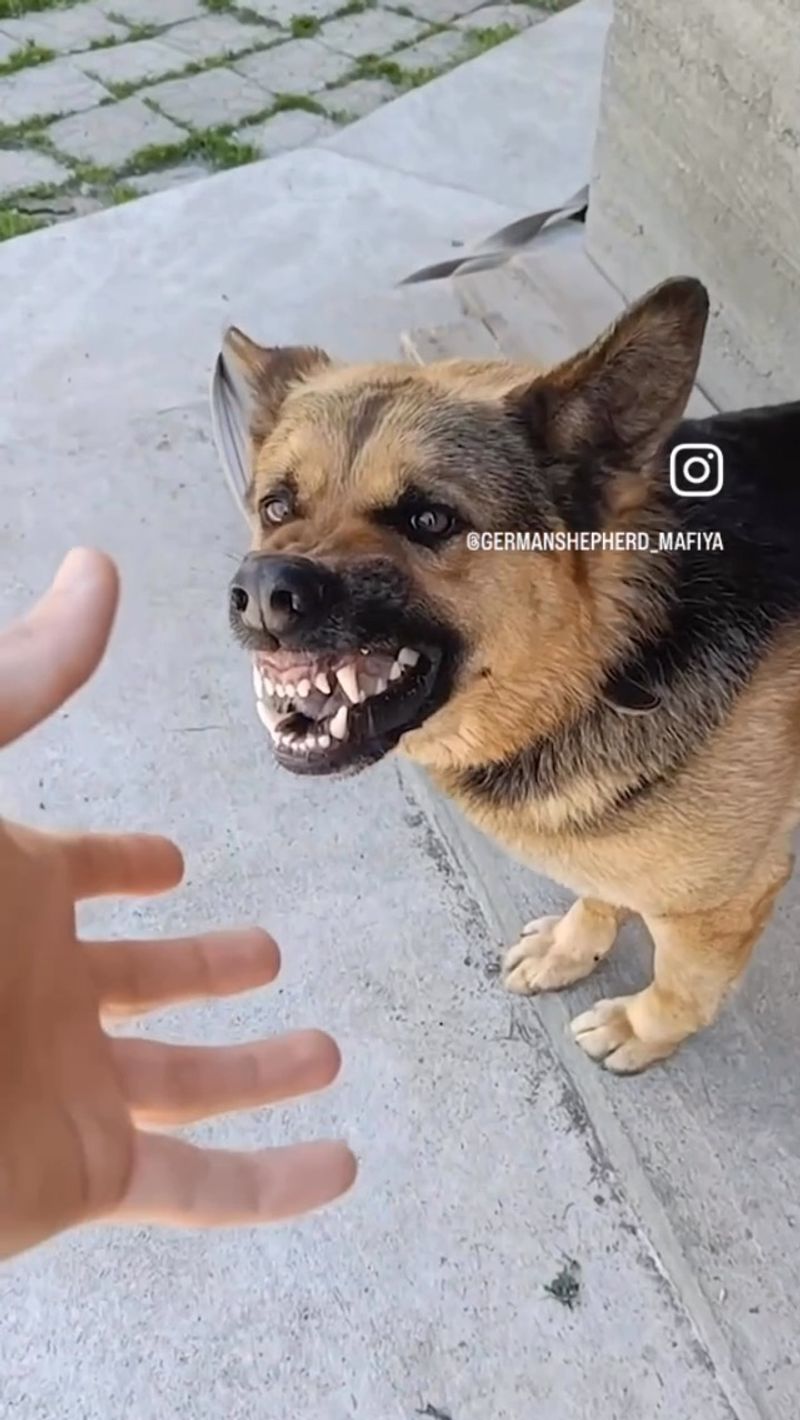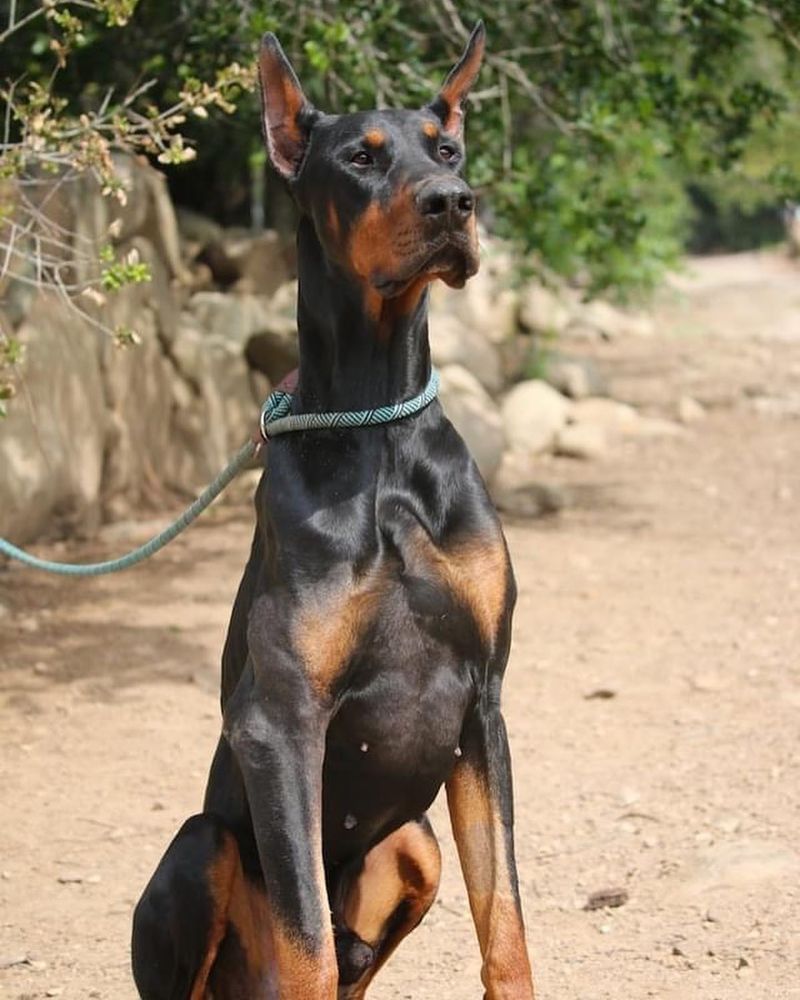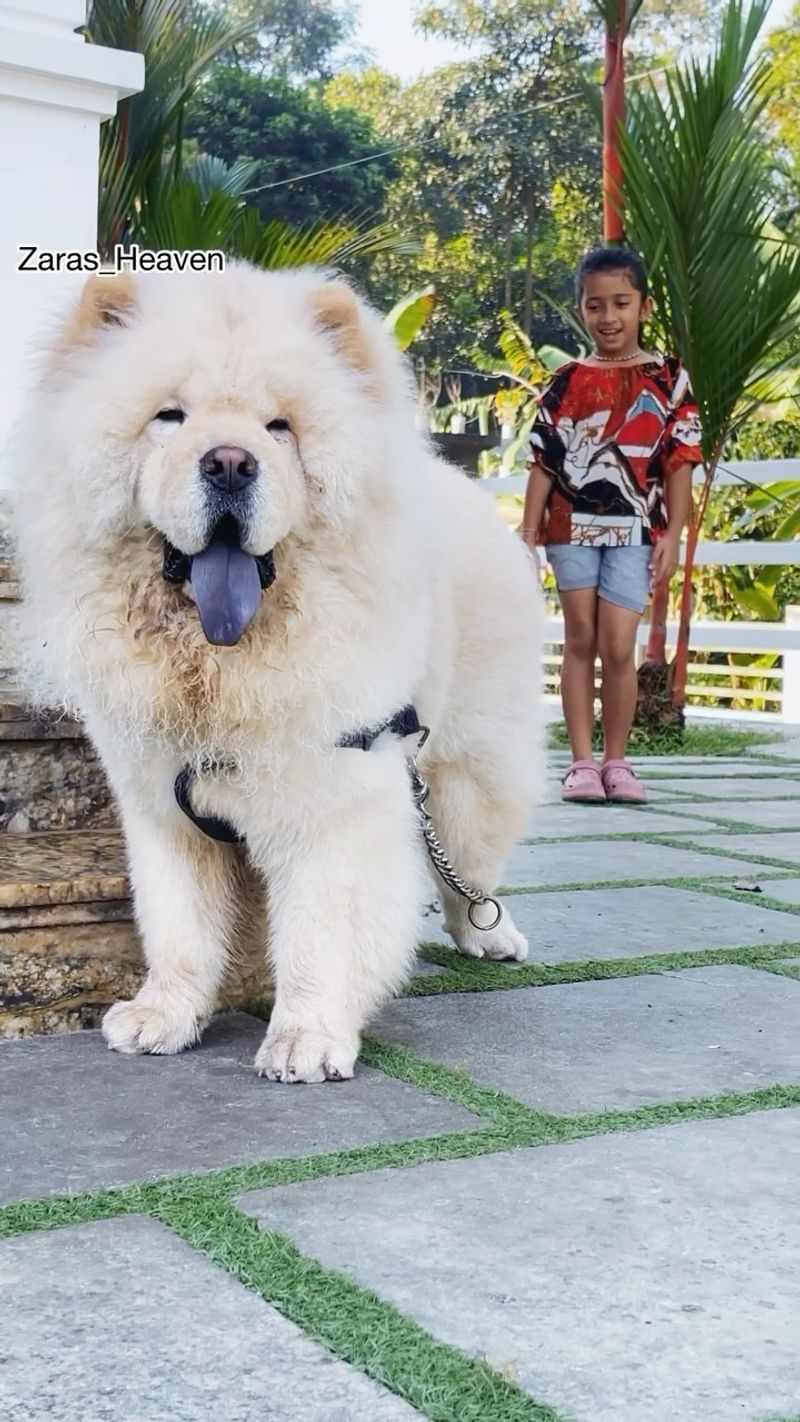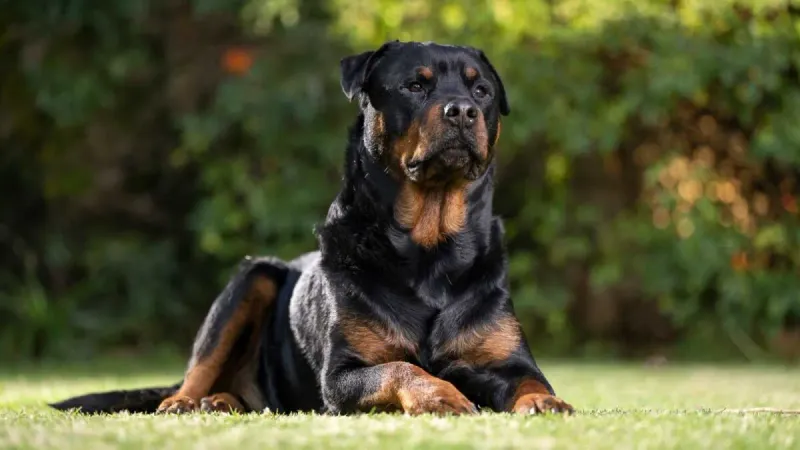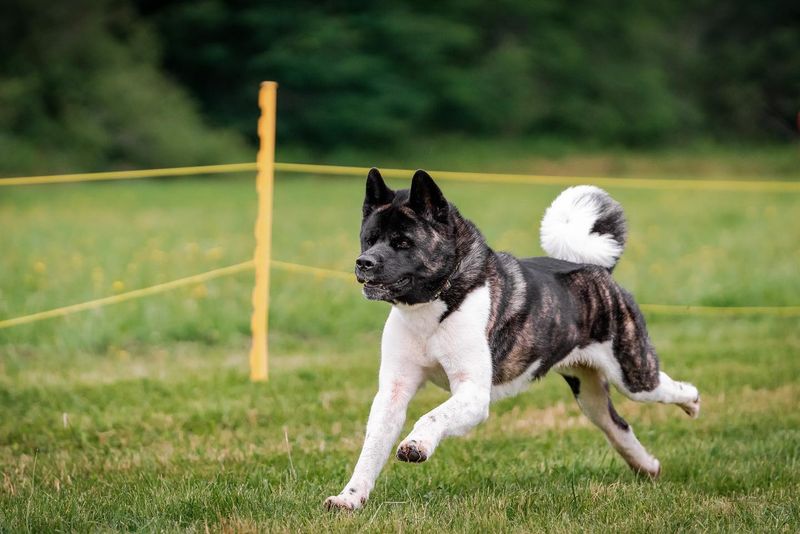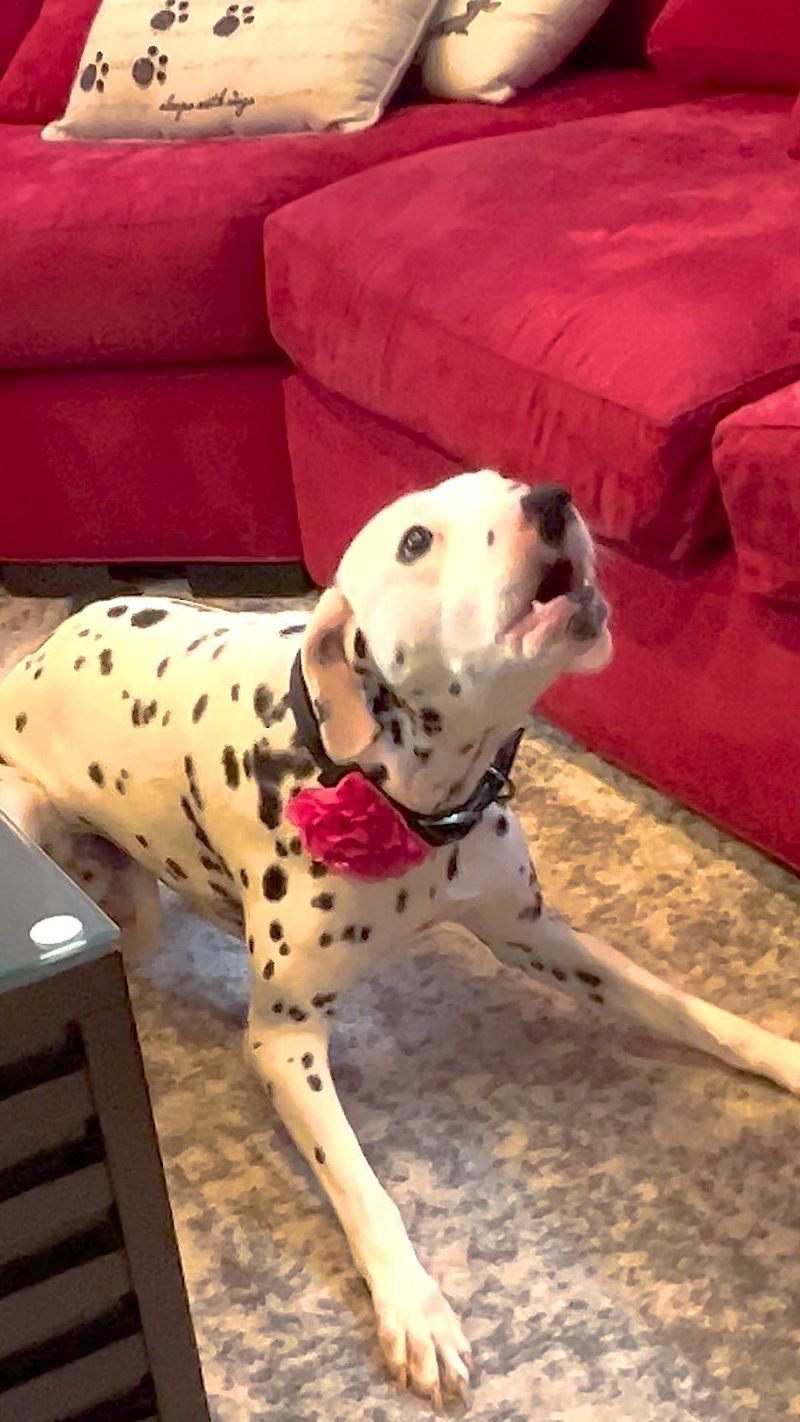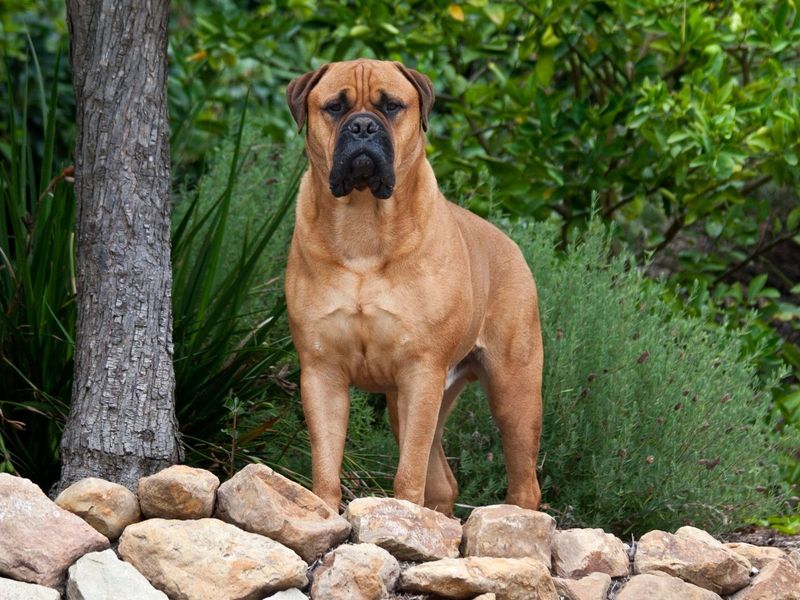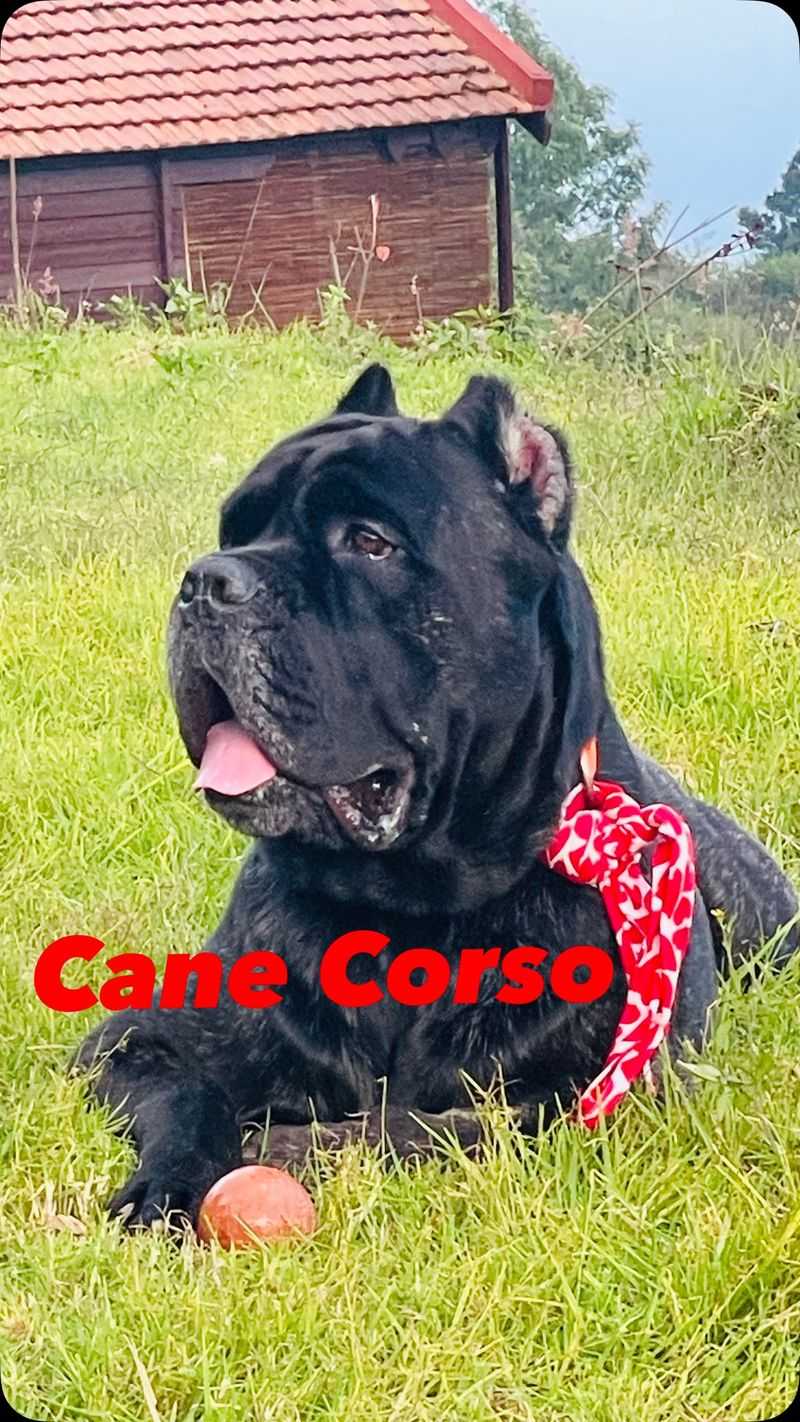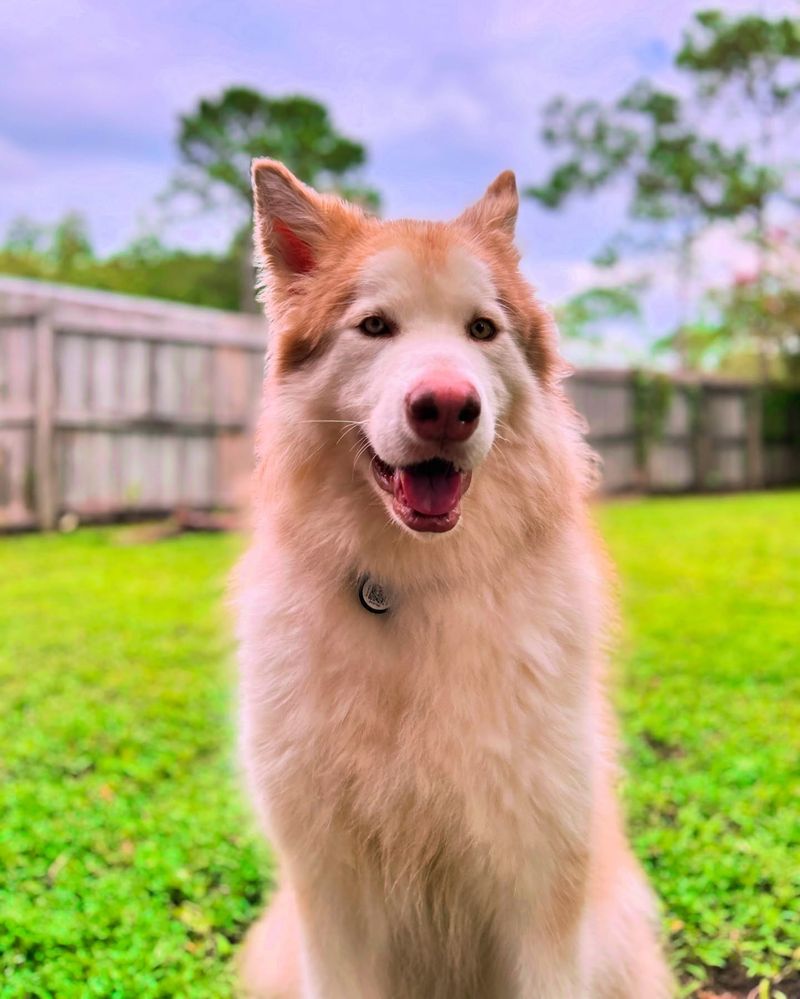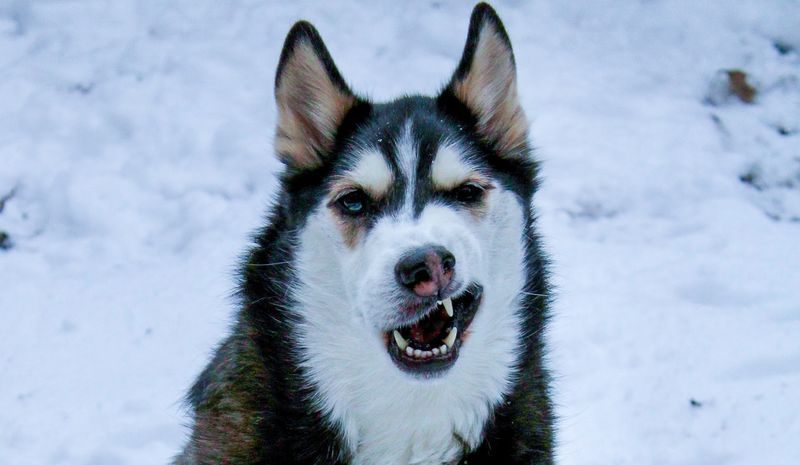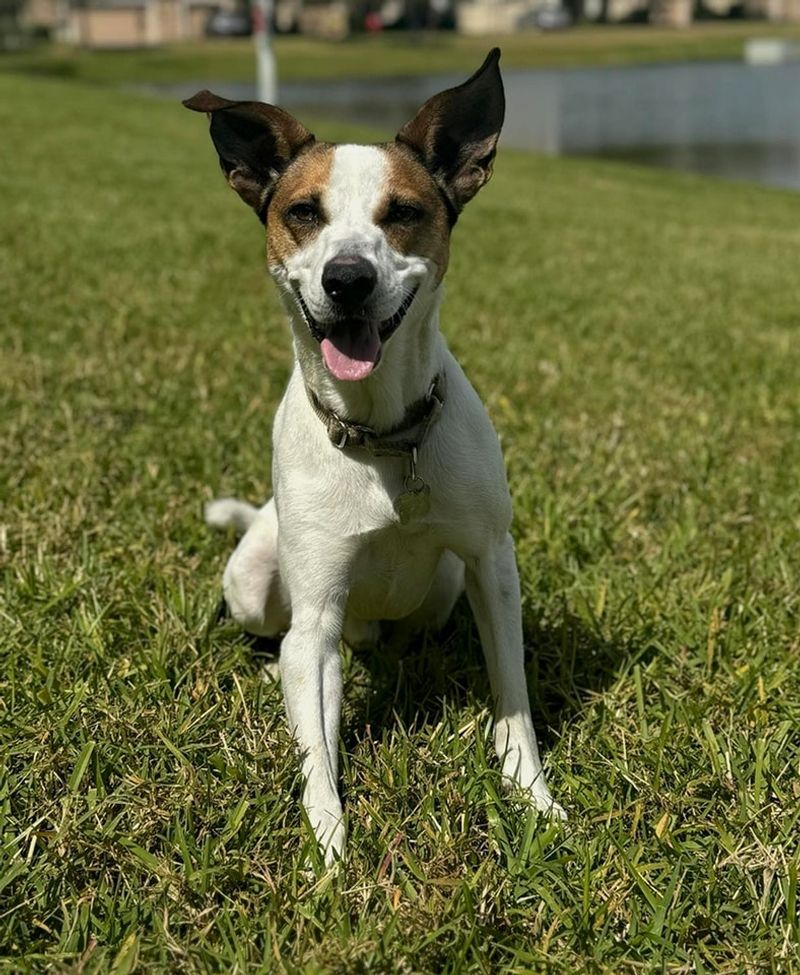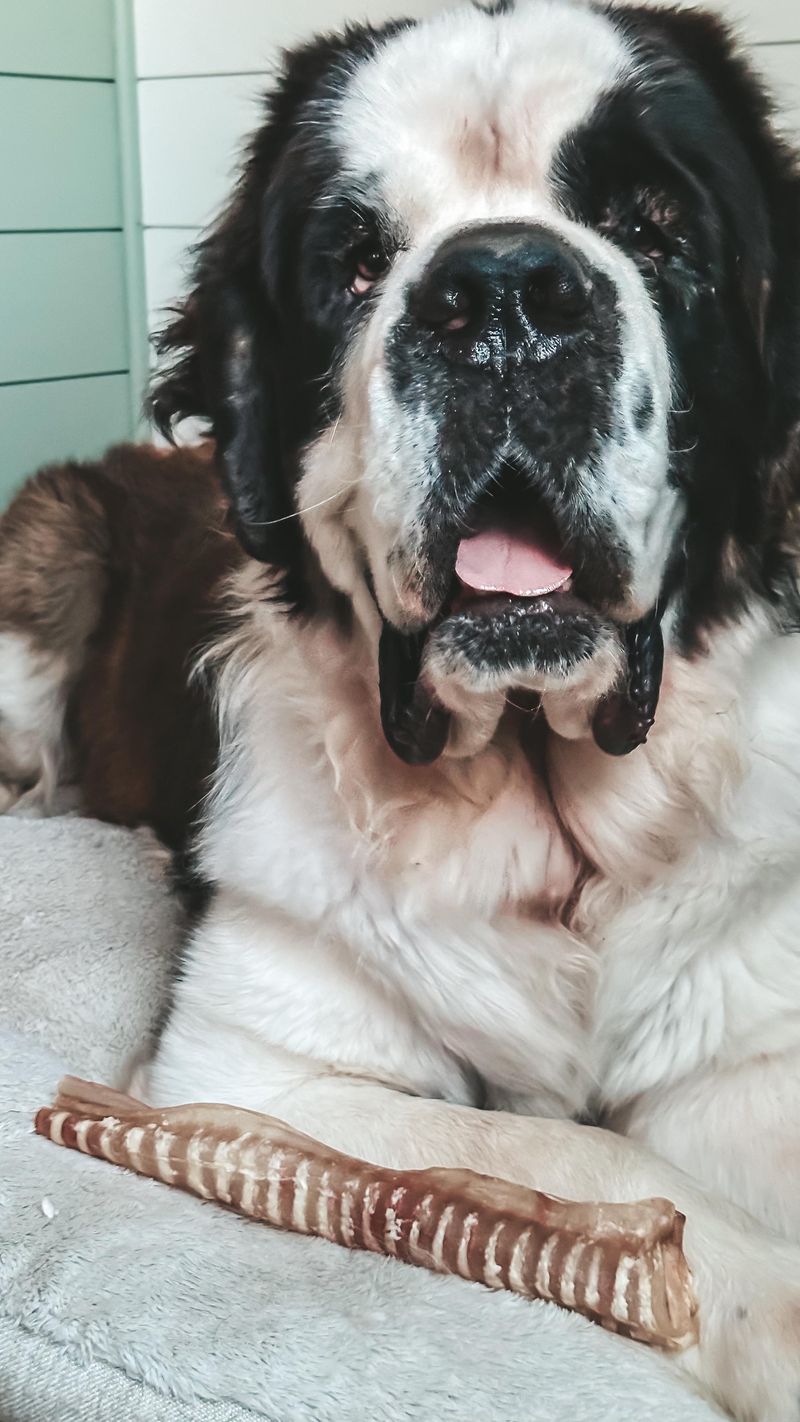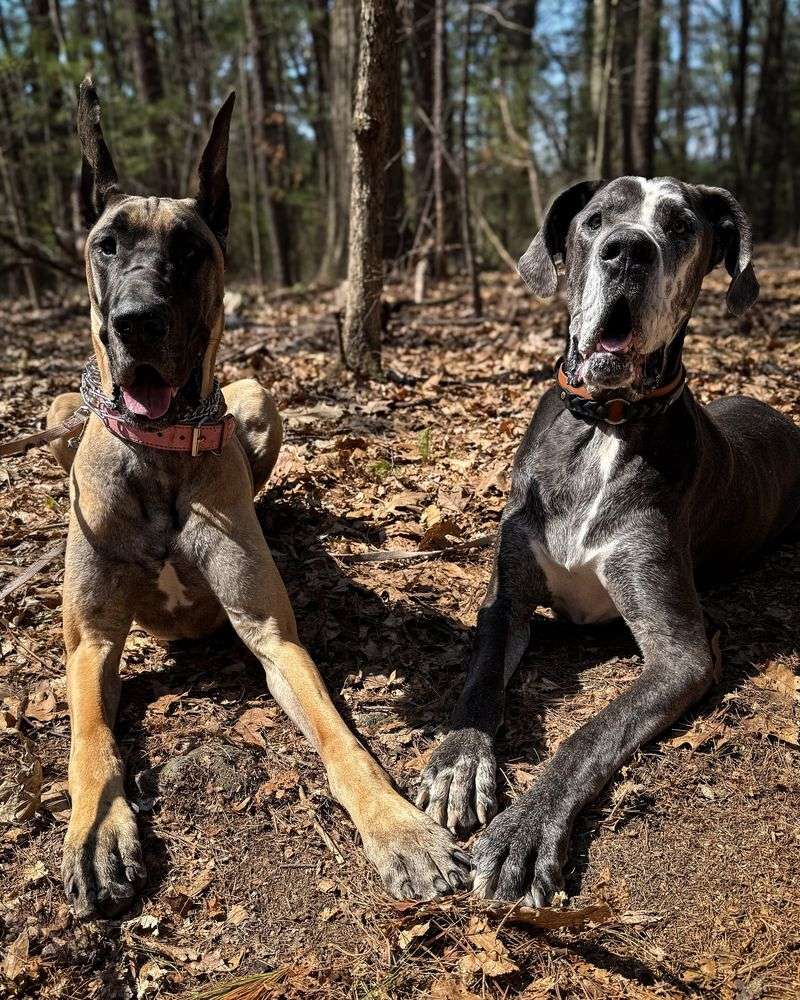Understanding dog breeds that are prone to aggression can help in managing them effectively. While aggression can be manageable, it’s vital to recognize the breeds that may exhibit these traits more than others. This guide explores 15 dog breeds known for their aggressive tendencies and provides insights on how to handle them. Having the right knowledge and approach can turn potential challenges into rewarding relationships.
Pit Bull Terrier
Pit Bulls often face a reputation for aggression. Despite their history as fighting dogs, they can be loving family members. Early socialization and training are essential to ensure they grow into well-adjusted adults.
Responsible ownership includes understanding their needs and providing mental and physical stimulation. Pit Bulls are energetic and require regular exercise.
Did you know? The American Pit Bull Terrier was once a mascot for the United States military due to their loyalty and bravery. With the right approach, they can be loyal companions.
German Shepherd
German Shepherds are known for their intelligence and versatility. They excel in working roles, such as police and military service. However, their protective nature can lead to aggression if not properly trained.
To prevent behavioral issues, consistent training and socialization are critical. These dogs thrive on mental stimulation and being given tasks to perform.
Historically, German Shepherds have been celebrated for their ability to learn complex tasks quickly. Their keen sense of duty makes them both reliable workers and loyal companions.
Doberman Pinscher
Doberman Pinschers are often associated with loyalty and protectiveness. Their elegant appearance and keen awareness make them excellent guard dogs. However, without proper training, they can develop aggressive behaviors.
Early socialization helps them distinguish between friend and foe. Engaging them in regular exercises keeps their minds sharp and reduces aggression.
Fun fact: The Doberman was originally bred by a tax collector who needed protection, showcasing their origins in safeguarding. With the right care, they are both devoted and dependable.
Chow Chow
Chow Chows are often recognized for their distinctive appearance, resembling a lion with their dense mane. Known for being aloof, they can show aggression towards strangers.
Proper training and early socialization are crucial to fostering a well-rounded temperament. These dogs are independent and can be reserved, so firm guidance is necessary.
Interestingly, Chow Chows have been known to exist for thousands of years, originating in China as temple guard dogs. Their regal demeanor and history make them unique pets.
Rottweiler
Known for their strength, Rottweilers can be fiercely protective. Their loyalty and intelligence make them excellent guard dogs. However, they require firm training and socialization from a young age to curb aggressive tendencies.
Rottweilers thrive in environments where they understand their role within a family unit. Consistent boundaries and positive reinforcement are key.
Fun fact: Rottweilers were originally bred to drive cattle to market, showcasing their strength and endurance. With proper guidance, they can be gentle giants.
Akita
Akitas are known for their strong-willed nature. Originally bred in Japan for hunting, they exhibit a natural independence and protectiveness. Without proper training, this can manifest as aggression.
Consistent leadership and socialization from a young age are vital to harness their loyalty and courage. Engaging them in activities that challenge their physical and mental abilities is beneficial.
Did you know? The Akita is a symbol of good health in Japan. With the right approach, they can be devoted and loving companions.
Boxer
Boxers are energetic and playful dogs. Their boundless energy and enthusiasm make them fun companions, but can also lead to behavioral issues if not managed.
Early socialization and training help in channeling their energy positively. Boxers thrive on companionship and require regular physical activity to prevent aggression.
Historically, Boxers were bred for hunting and guarding, showcasing their strength and resilience. With the right care, they are affectionate and loyal pets.
Dalmatian
Dalmatians are known for their unique spotted coats. While they are charming and energetic, they can also be strong-willed and stubborn.
Consistent training and socialization are key to managing their assertive nature. They need ample exercise and mental stimulation to prevent boredom-related aggression.
Fun fact: Dalmatians are historically known as carriage dogs, running alongside horses. Their elegance and endurance make them delightful pets with the right guidance.
Bullmastiff
Bullmastiffs are gentle giants with a protective streak. Their calm demeanor can quickly become aggressive if they sense a threat.
Early training and socialization are essential to manage their protective instincts. They require a confident owner who can set clear boundaries.
Did you know? Bullmastiffs were originally bred to guard estates and catch poachers, highlighting their watchful nature. With proper guidance, they are affectionate and loyal companions.
Cane Corso
The Cane Corso is known for its imposing presence and strength. Originally bred in Italy for guarding property, they can be wary of strangers.
Training and socialization from a young age are vital to ensure they are well-mannered. They thrive on structure and need a confident owner to guide them.
Fun fact: Cane Corsos were used by Roman soldiers in battles, showcasing their courage and loyalty. With the right approach, they can be devoted family protectors.
Alaskan Malamute
Alaskan Malamutes are known for their strength and endurance. Bred as sled dogs, they have an independent streak and need proper training to prevent aggression.
Socialization and consistent training are essential to manage their strong-willed nature. Regular exercise is crucial to channel their energy positively.
Did you know? Malamutes have a history of working with indigenous peoples of Alaska, highlighting their importance in survival. With the right approach, they are loyal and hardworking companions.
Siberian Husky
Siberian Huskies are known for their striking appearance and high energy levels. Their independent nature can lead to stubborn behavior if not managed.
Early training and socialization are key to preventing aggression. They require regular exercise and mental stimulation to stay happy.
Historically, Huskies were bred for pulling sleds across vast snowy terrains, showcasing their resilience. With the right guidance, they are friendly and lively companions.
Jack Russell Terrier
Jack Russell Terriers are small but full of energy and intelligence. Their inquisitive nature can sometimes lead to aggressive tendencies if not properly channeled.
Training and socialization from an early age are essential to manage their exuberance. They thrive in environments that provide mental challenges and physical activity.
Did you know? Originally bred for fox hunting, Jack Russells are known for their agility and determination. With the right approach, they are lively and loving pets.
Saint Bernard
Saint Bernards are known for their size and gentle nature. Despite their calm demeanor, they can become aggressive if not properly trained.
Early socialization and consistent training are crucial to managing their strong protective instincts. They require a firm yet gentle hand to guide them.
Fun fact: Saint Bernards are famous for their rescue work in the Alps, highlighting their bravery and strength. With the right care, they are gentle and loving companions.
Great Dane
Great Danes are gentle giants, known for their towering stature. Despite their size, they are generally friendly, but can become aggressive if not properly socialized.
Training and socialization from a young age are essential to ensure good behavior. They thrive on companionship and need space to move freely.
Did you know? Great Danes were originally bred to hunt wild boar, showcasing their strength and courage. With the right approach, they are gentle and affectionate companions.
